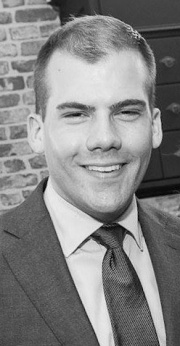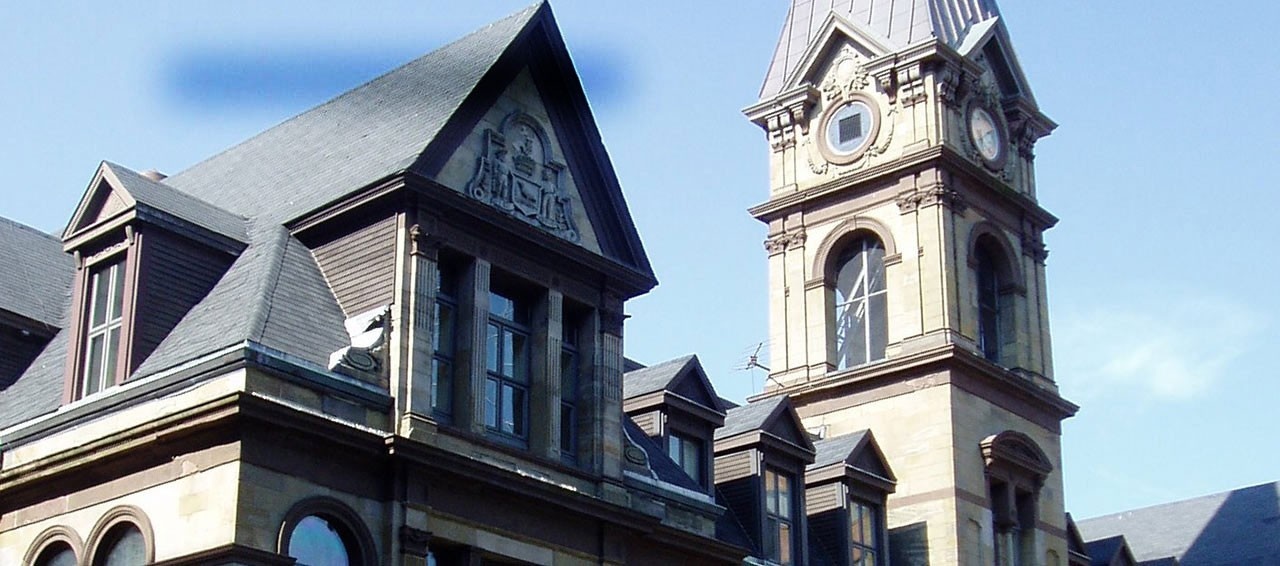Matthew Gillis
BA ’09, MA ’10

I'm negotiating with national representatives on a daily basis, directly applying skills I learned in some of my Poli Sci classes.
Growing up just outside of Halifax - a port city rife with maritime history and home to Canada's east coast navy - a strong interest to the ocean and security issues came naturally for Matthew Gillis.
"Coming over the bridges as a kid, it was hard not to see the port ships coming and going," he says. "I can recall heading to Point Pleasant Park and watching submarines come in and out. I think it makes an impression on you when you're young."
Though originally entering the University of King's College for a journalism degree, Matthew transferred to Political Science in his second year after sitting in on a seminar hosted by HÂþ»'s Centre for Foreign Policy Studies, the foreign and security policy institute attached to the Department of Political Science.
"I enjoyed the writing and research aspects of journalism, but still had a passion for the ocean and security issues," he says, "I found myself in a CFPS seminar - I think it was with Scott Taylor - and was impressed by the depth and frankness of the discussion. And, even as a very young student, I felt welcomed and engaged among all of these professionals."
After some research and learning about the work in maritime security at the Department and the Centre, the choice was easy to make.
"As one of the only universities in Canada with a serving naval officer on permanent secondment to the faculty, the maritime security work at Dal offered a huge variety of opportunities for me. I was on the international relations track, but I had chances to write and think about issues that were of real interest to me, like modern piracy and how navies can help in disaster relief. I benefitted immensely from the experience and mentorship from people like Ken Hansen and Dan Middlemiss."
Taking advantage of those opportunities helped catapult Matthew into a career in international relations: shortly after finishing his MA (also at Dal), he was offered an internship with NATO's civilian staff in Brussels, which then turned into a longer-term post.
"It's a bit of a dream job for me: I'm part of a small team improving NATO's intelligence capabilities," he says. "Although I've moved away from maritime issues, everything in international relations underscores the importance of having accurate and timely information. My time with the Centre helped me to understand the defence and military culture better than most people; it was easy for me to integrate into my team from the first day. And I'm negotiating with national representatives on a daily basis, directly applying skills I learned in some of my Poli Sci classes."
Looking back on his time at Dal, Matthew credits his personal success to the courses, world-class faculty, and enriching seminar and conference programmes.
"I definitely owe a lot of where I am to my experiences at Dal," he says. "If I had to go back and do it again, I can't say I'd change anything."
